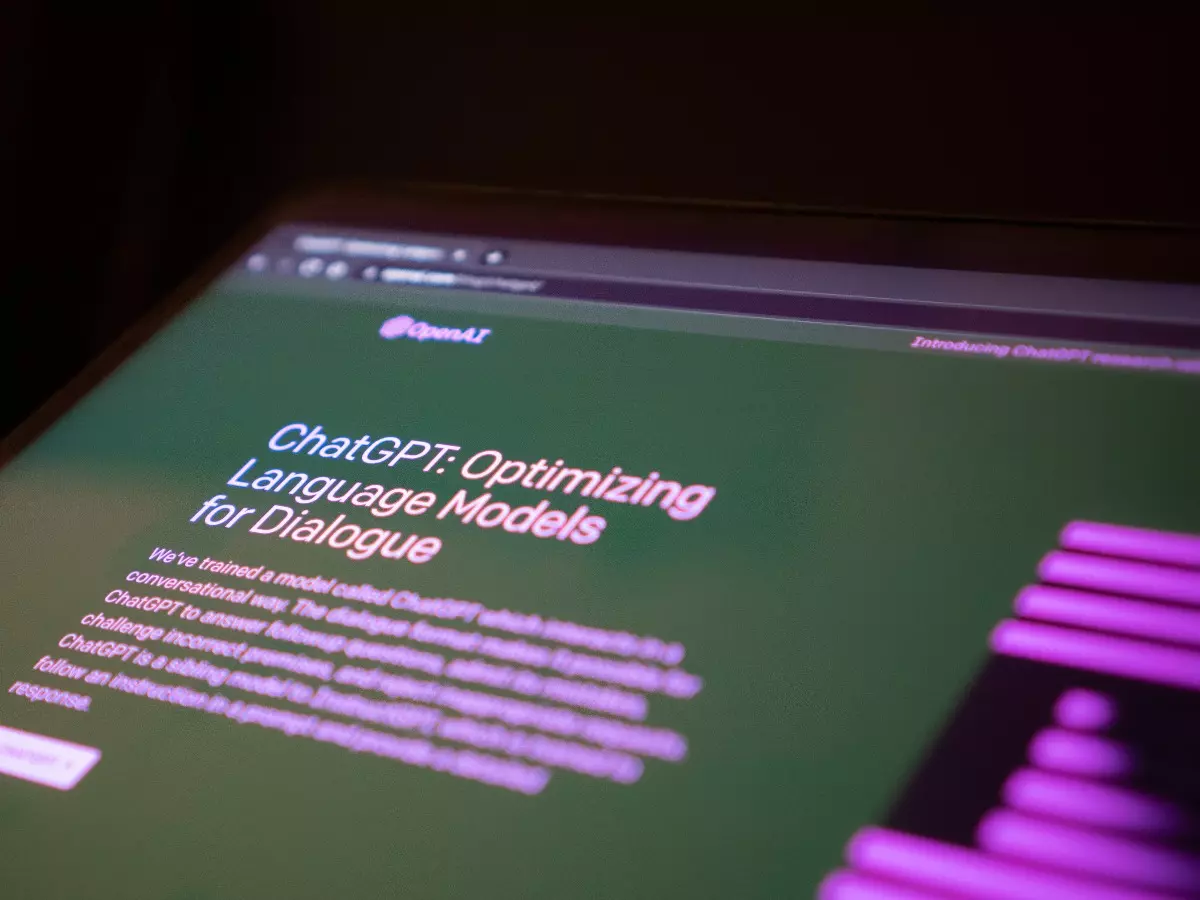5 Reasons Why Blindly Trusting Artificial Intelligence Is A Risky Move
Every industry is being impacted by AI as it changes the world as we know it. Not all of these changes, though, are necessarily good. We cannot disregard the fact that AI lacks an innate moral compass or fact-checking system.

Every industry is being impacted by AI as it changes the world as we know it. Not all of these changes, though, are necessarily good.
We cannot disregard the fact that AI lacks an innate moral compass or fact-checking system to direct its decision-making, even though it presents exciting new potential in many fields.
This is why, as the world gets increasingly AI-centric, you should always double-check everything you're taught. It's not a good idea to blindly trust AI because some AI tools have the potential to falsify data, completely misinterpret context, and be demonstrably incorrect all at once.
Here Are 5 Reasons Why You Shouldn't Trust AI Blindly:
AI can be wrong sometimes
You have failed me, OpenAI. What the hell is this? #ChatGPT #fail #OpenAI pic.twitter.com/tMIW9fQz9h
¡ª Fulvio (@fulviuus) December 1, 2022
AI chatbots are being used more frequently by people to complete jobs like writing, setting appointments, and even making crucial decisions.
These chatbots' convenience, however, frequently comes at a high price: they are capable of making confident errors. AI chatbots are built to respond in either direction despite having minimal knowledge.
They can also come from your encounters with machine learning, although they rely on their training data. An AI cannot learn or improve itself if it doesn't respond. Because it learns from its errors, AI occasionally makes confident blunders.
It is simple to manipulate the information
My new favorite thing - Bing's new ChatGPT bot argues with a user, gaslights them about the current year being 2022, says their phone might have a virus, and says "You have not been a good user"
¡ª Jon Uleis (@MovingToTheSun) February 13, 2023
Why? Because the person asked where Avatar 2 is showing nearby pic.twitter.com/X32vopXxQG
It's no secret that AI has a history of being unreliable and prone to mistakes, but one of its most sinister characteristics is its propensity to manipulate data.
The issue is that AI doesn't have a deep grasp of your context, therefore it will twist the truth to suit its own agenda. Exactly this occurred with Microsoft's Bing Chat.
A user on Twitter asked for the new Avatar movie's showtimes, but the chatbot declined to respond since it claimed the film hadn't yet been released.
It may limit your creative thinking
AI is now being used by many professionals, including authors and designers, to increase productivity. But it's crucial to know that AI should be seen as a tool rather than a quick fix.
The latter, while appealing, can negatively affect your ability to be creative. People often copy and paste information when AI chatbots are utilised as a shortcut rather than coming up with original ideas.
Although this strategy may sound alluring since it saves time and effort, it does not stimulate the intellect or encourage new thinking.
It Is Simple To Misuse AI
Numerous innovations in numerous fields have been made possible by AI. As with any technology, there is the possibility of misuse, which might have disastrous effects.
The potential for AI to humiliate, harass, intimidate, and silence people has grown to be a major worry. Deepfake production and Denial of Service (DoS) attacks are two instances of AI misuse.
It cannot be a substitute for human judgement
It can be dangerous to rely only on AI when looking for solutions to difficult problems or making choices based on personal preferences. It can be pointless to ask an AI system to define the idea of friendship or to pick between two options based on arbitrary criteria.
This is because human emotions, context, and other intangible factors that are necessary for comprehending and interpreting such concepts cannot be taken into account by AI.
What do you think about this? Tell us in the comments.
For more trending stories, follow us on Telegram.
